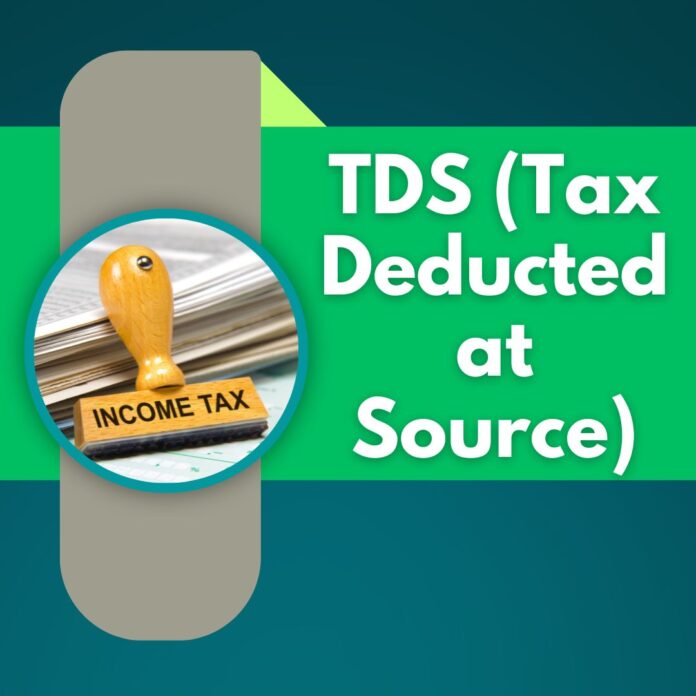Advance Tax Overview: Advance tax is a system of staggered payment of income tax liabilities by taxpayers over the course of the financial year, rather than a lump sum payment at the end. It is applicable to individuals, salaried employees, self-employed professionals, businesses, and other entities with a tax liability exceeding Rs. 10,000 in a financial year.
Calculation of Advance Tax:
- Estimation of Income:
- Taxpayers need to estimate their total income, including salary, business income, capital gains, and other sources.
- Calculation of Tax Liability:
- Based on the estimated income, taxpayers calculate their total tax liability for the financial year.
- Payment Schedule:
- Advance tax is paid in installments, with specific due dates set by the Income Tax Department.
- Payment Percentage:
- Taxpayers are required to pay a certain percentage of their estimated tax liability in each installment.
- Final Adjustment:
- At the end of the financial year, taxpayers reconcile their actual income and tax liability with the advance tax paid. Any shortfall is paid as self-assessment tax.
Deductions under Section 80C to 80U
Advance Tax Installments and Due Dates for Individuals and Businesses in India (FY 2024-25)
| Installment | Due Date | Percentage for Individuals & HUFs | Percentage for Companies | Notes |
|---|---|---|---|---|
| 1st Installment | June 15, 2024 | 15% | 15% | – Applicable to estimated tax liability exceeding Rs. 10,000. <br> – Can pay full estimated tax by this date to avoid further installments. |
| 2nd Installment | September 15, 2024 | 45% (cumulative 60%) | 45% (cumulative 60%) | |
| 3rd Installment | December 15, 2024 | 75% (cumulative 90%) | 75% (cumulative 90%) | |
| 4th Installment | March 15, 2025 | 100% (remaining amount) | 25% (remaining amount) | – Companies can opt to pay 100% by this date. <br> – Individuals exceeding Rs. 1 Cr income must pay entire tax by this date. |
Additional Information:
- Advance tax is paid on estimated income for the financial year.
- You can revise your estimated tax liability and adjust advance tax payments throughout the year.
- Interest is charged on late payments at 1% per month.
- Senior citizens (age 60+) with no business or professional income are exempt from advance tax.
Disclaimer: This table is for informational purposes only and does not constitute professional tax advice. Please consult with a qualified tax advisor for personalized guidance.
Examples of Advance Tax Calculation:
- Mr. A, a salaried professional, estimates his annual income to be Rs. 12 lakhs.
- Installments:
- June 15: 15% of Rs. 12 lakhs
- September 15: 45% of Rs. 12 lakhs
- December 15: 75% of Rs. 12 lakhs
- March 15: 100% of Rs. 12 lakhs
- ABC Pvt. Ltd., a business entity, estimates its annual income to be Rs. 50 lakhs.
- Installments:
- June 15: 15% of Rs. 50 lakhs
- September 15: 45% of Rs. 50 lakhs
- December 15: 75% of Rs. 50 lakhs
- March 15: 100% of Rs. 50 lakhs
- Ms. B, a freelancer, expects her annual income to be Rs. 8 lakhs.
- Installments:
- June 15: 15% of Rs. 8 lakhs
- September 15: 45% of Rs. 8 lakhs
- December 15: 75% of Rs. 8 lakhs
- March 15: 100% of Rs. 8 lakhs
- XYZ Corporation estimates its annual income at Rs. 2 crores.
- Installments:
- June 15: 15% of Rs. 2 crores
- September 15: 45% of Rs. 2 crores
- December 15: 75% of Rs. 2 crores
- March 15: 100% of Rs. 2 crores
- Mr. C, a self-employed professional, estimates his annual income at Rs. 15 lakhs.
- Installments:
- June 15: 15% of Rs. 15 lakhs
- September 15: 45% of Rs. 15 lakhs
- December 15: 75% of Rs. 15 lakhs
- March 15: 100% of Rs. 15 lakhs
Important Case Laws on Advance Tax:
- CIT vs. Suresh M. C. (2018): The Bombay High Court discussed the consequences of default in payment of advance tax and the applicability of interest under Section 234B.
- Vijay Kumar vs. ITO (2017): The Delhi ITAT emphasized the importance of correctly estimating and paying advance tax to avoid interest and penalties.
- CIT vs. Sanjeev K. Lalwani (2020): The Punjab & Haryana High Court clarified the principles governing interest under Section 234C.
- Jaya V. Savani vs. ITO (2019): The Mumbai ITAT discussed practical aspects related to the computation of interest under Section 234A.
- ABC Ltd. vs. CIT (2016): The case highlighted the implications of failing to pay advance tax on time and the consequences under the Income Tax Act.
- XYZ Corporation vs. ITO (2018): The Income Tax Appellate Tribunal (ITAT) discussed the significance of timely payment of advance tax.
- PQR Pvt. Ltd. vs. CIT (2019): The case emphasized the importance of accurate estimation and payment of advance tax to avoid legal issues.
- LMN Ltd. vs. ITO (2020): The ITAT discussed practical aspects related to the computation of advance tax and its impact on taxpayers.
- RST Corporation vs. CIT (2015): The case highlighted the role of advance tax in the overall tax compliance framework.
- Income Tax Department vs. Mr. E (2014): The case discussed the penalties and interest levied for non-compliance with advance tax provisions.
These examples and case laws provide insights into the calculation, payment, and consequences of advance tax, emphasizing the importance of accurate estimation and timely compliance with tax obligations.




